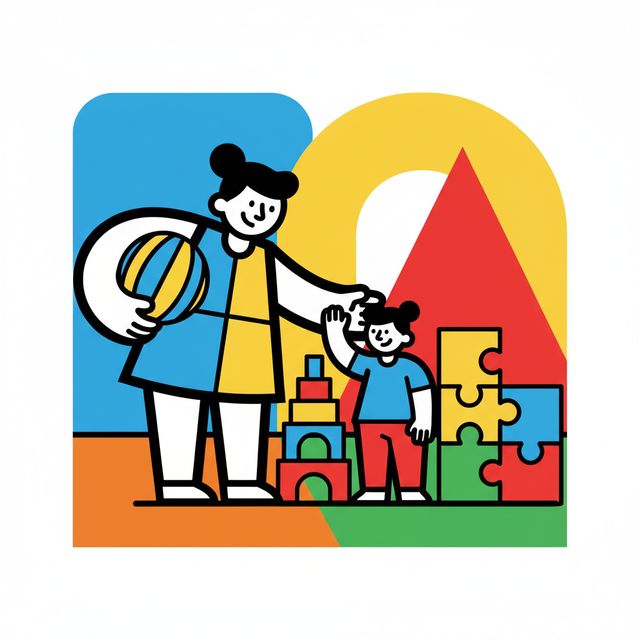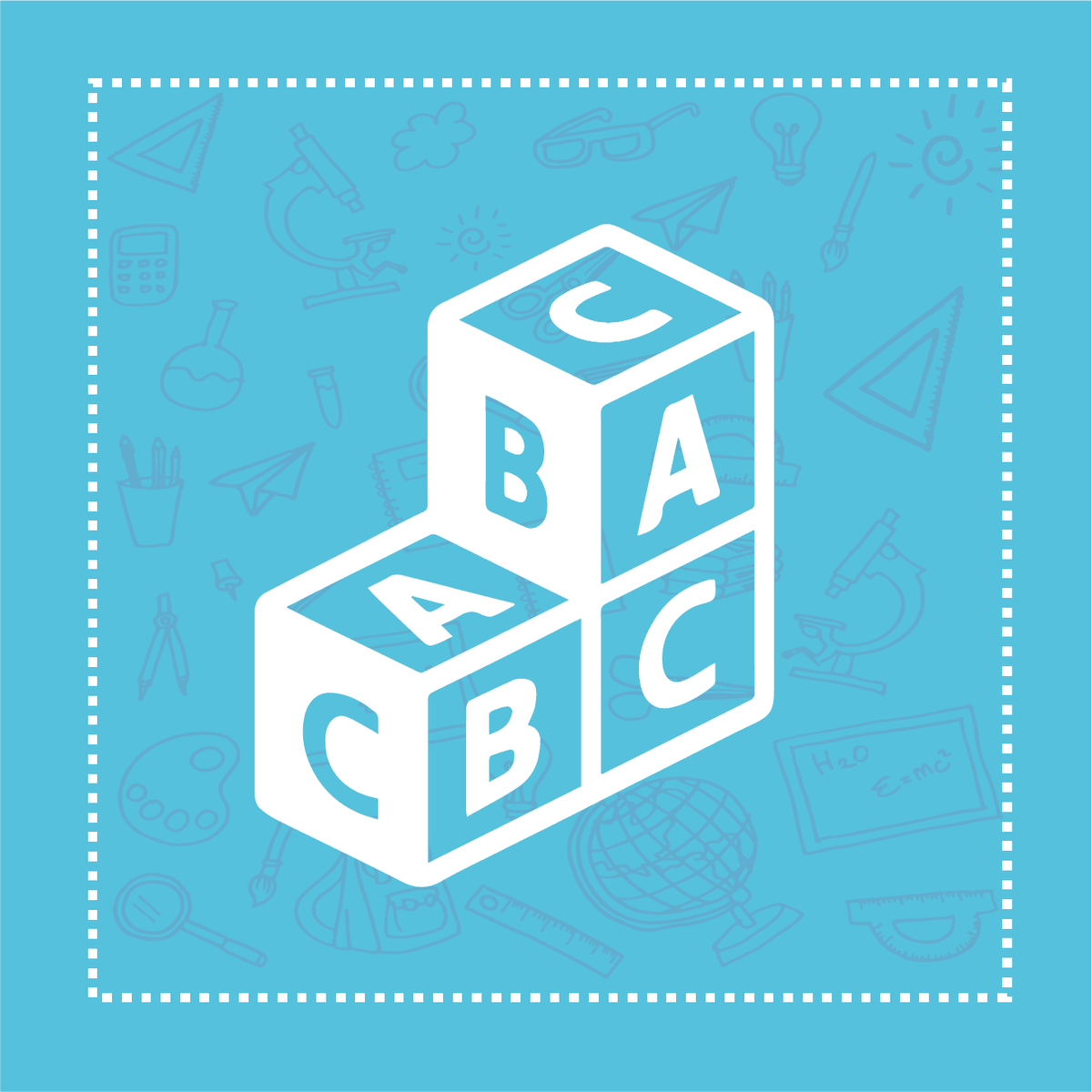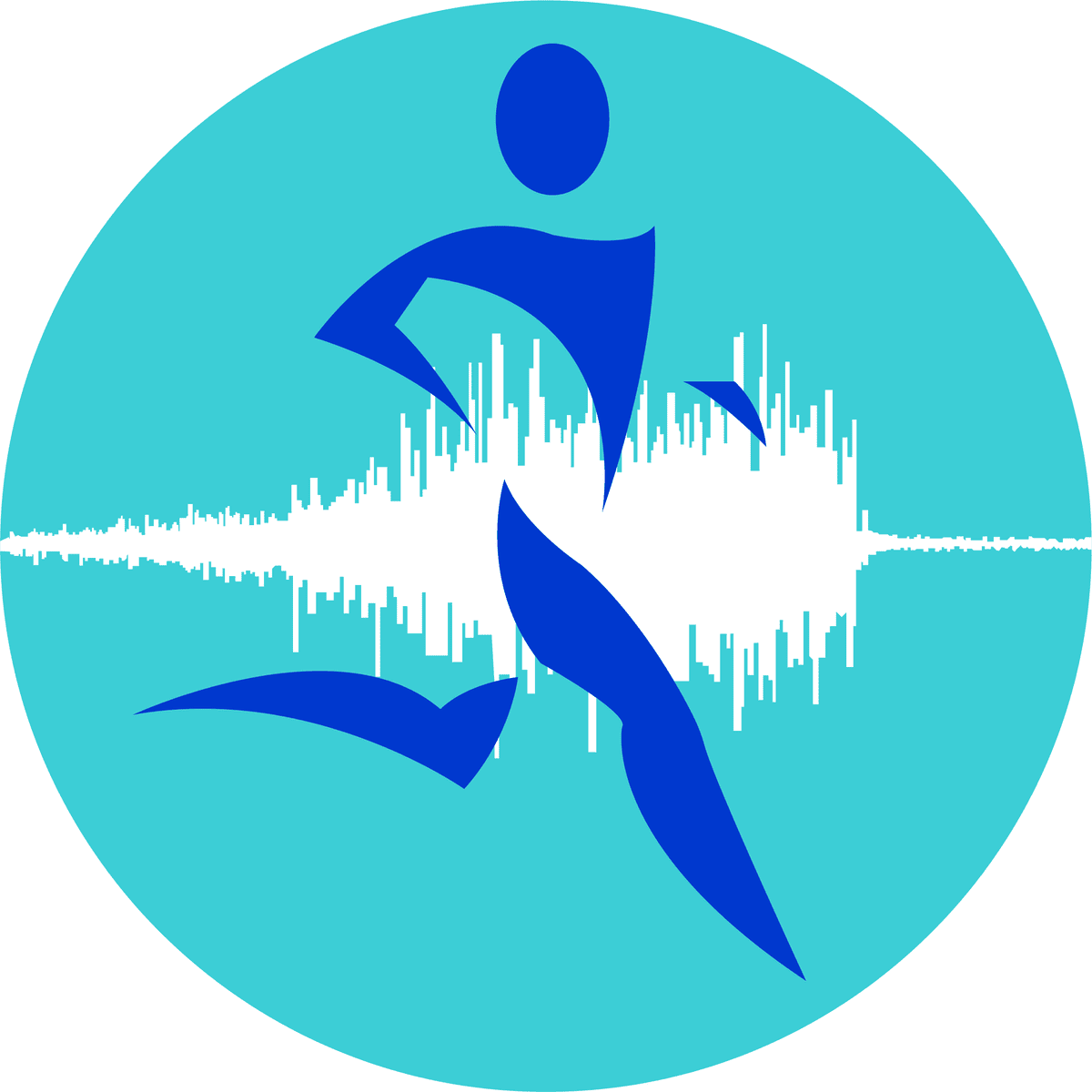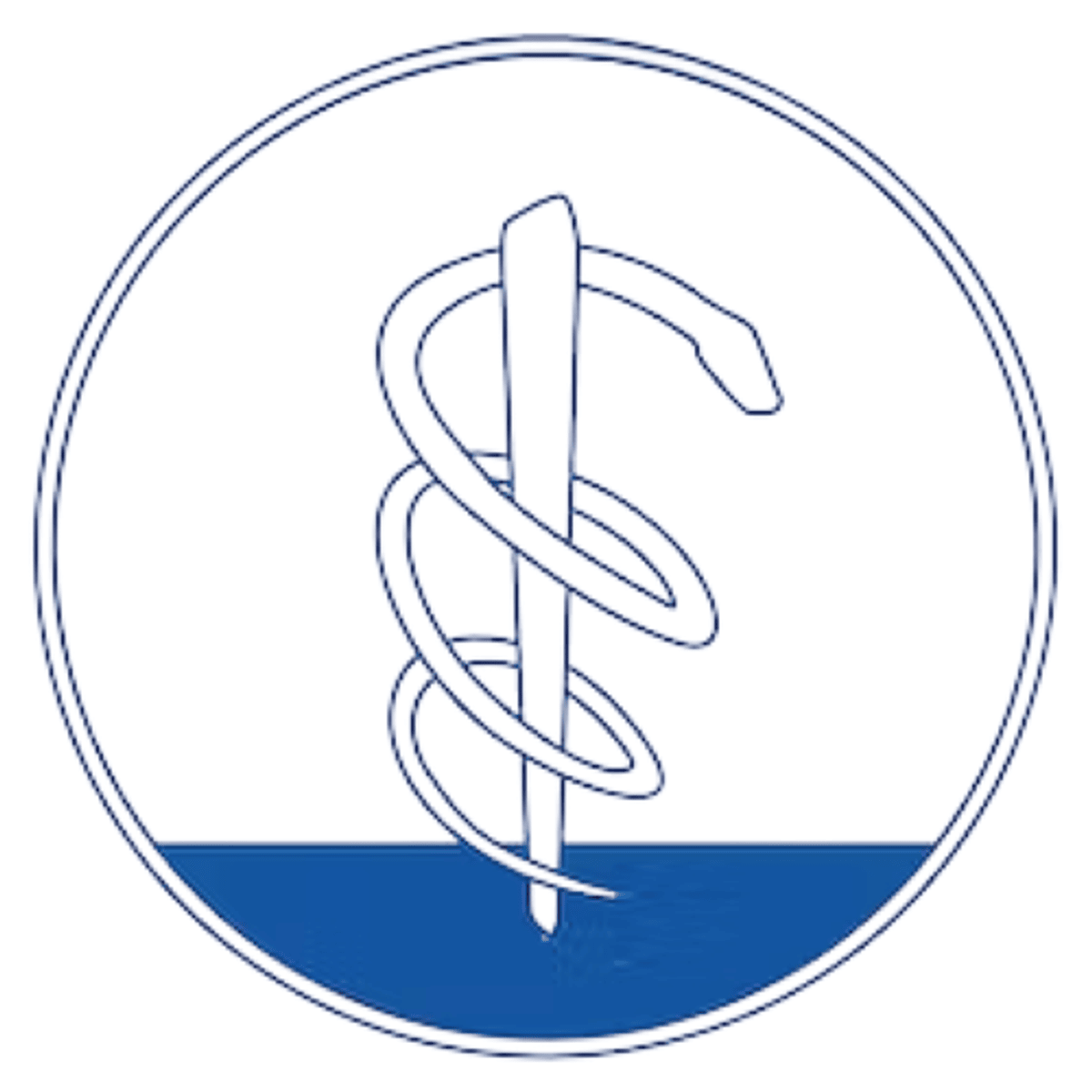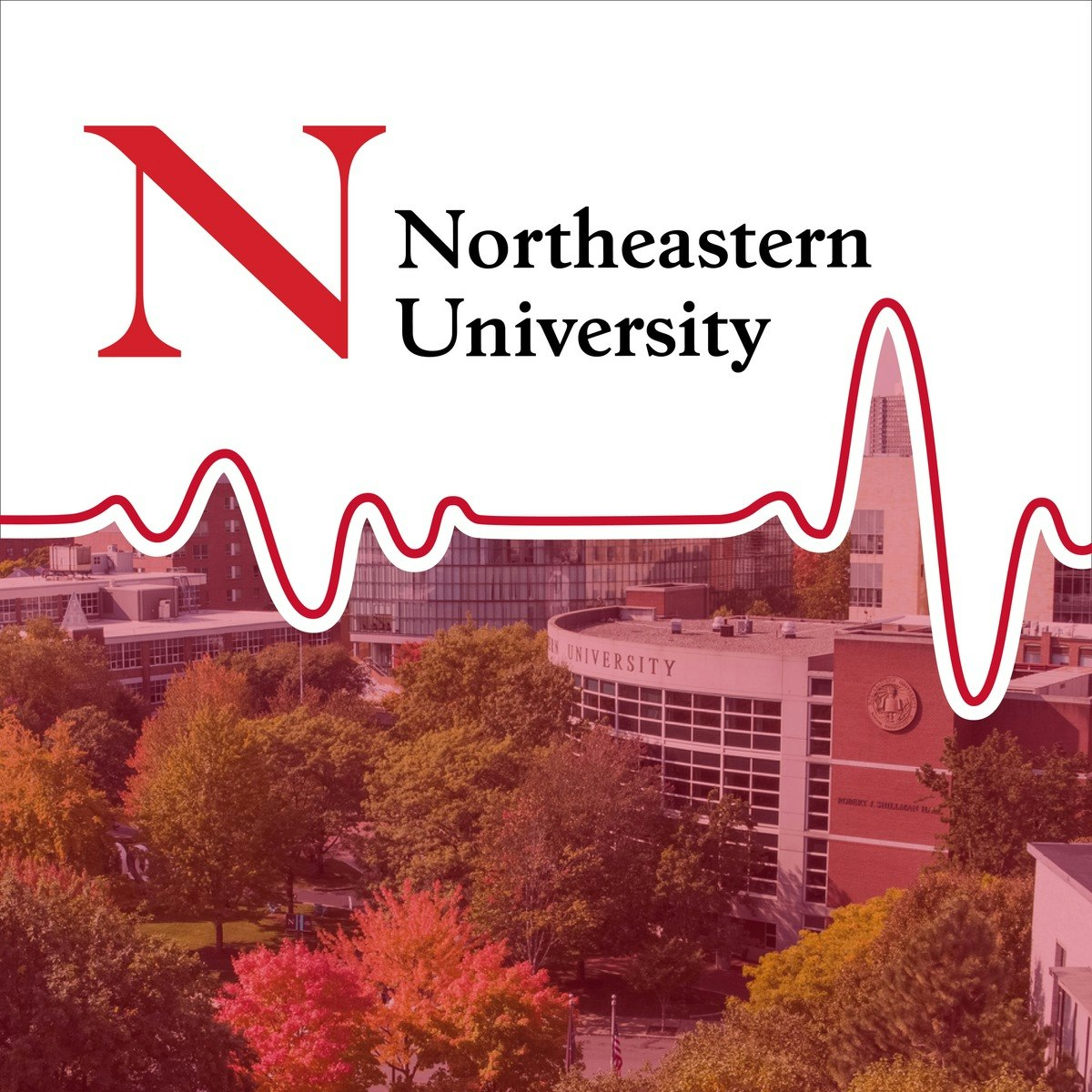Occupational Therapist
A Comprehensive Guide to a Career as an Occupational Therapist
Occupational therapy is a client-centered health profession focused on helping people of all ages participate in the things they want and need to do through the therapeutic use of everyday activities (occupations). Unlike other professions, occupational therapy helps people function in all of their environments – from home to work to school to the community – and addresses the physical, psychological, and cognitive aspects of their well-being through engagement in occupation. This career can be incredibly rewarding as it empowers individuals to live more independent and fulfilling lives.
Working as an occupational therapist can be engaging and exciting due to the diverse nature of the work and the tangible impact on clients' lives. You might find yourself helping a child with autism develop social skills, assisting an adult recovering from a stroke to regain independence in daily tasks, or modifying an older adult's home to prevent falls. The ability to work in various settings, from bustling hospitals to quiet homes, and with a wide range of patient populations keeps the profession dynamic and ever-evolving.
Introduction to Occupational Therapy
This section will delve into the fundamental aspects of occupational therapy, providing a clear understanding of its definition, core objectives, and historical background. This foundational knowledge is crucial for anyone considering a career in this impactful field.
What Exactly is Occupational Therapy?
At its core, occupational therapy (OT) is a health profession that uses everyday activities, or "occupations," as therapeutic tools. The primary goal is to enable people to participate in the activities of daily living that are meaningful and important to them. This might include self-care routines like dressing and eating, work or school tasks, leisure activities, and social participation. Occupational therapists work with individuals who may have physical, mental, developmental, or emotional conditions that impact their ability to engage in these occupations.
The focus is always client-centered, meaning that therapy plans are tailored to each individual's unique needs, goals, and environment. OTs help people adapt to their challenges, whether that involves learning new ways to perform tasks, using assistive devices, modifying their environment, or developing new skills. Ultimately, occupational therapy aims to enhance a person's ability to live independently, improve their quality of life, and achieve their personal goals.
The Heart of the Profession: Core Objectives
The fundamental objective of occupational therapy is to help individuals achieve independence and improve their quality of life by enabling them to participate in meaningful daily activities. This involves a holistic approach, considering the physical, cognitive, emotional, and social aspects of a person's well-being. Occupational therapists strive to identify and address barriers that prevent individuals from engaging in their desired occupations.
Key objectives include developing, recovering, or maintaining the skills needed for daily living and working. This might involve teaching adaptive techniques, modifying environments to enhance safety and accessibility, or recommending assistive devices. Another core aim is to promote health and wellness by helping people prevent injuries and manage chronic conditions. Occupational therapists also play a vital role in advocating for their clients and empowering them to participate fully in society.
A Look Back: The Evolution of Occupational Therapy
The roots of occupational therapy can be traced back to the late 18th and early 19th centuries with the moral treatment movement, which emphasized humane care for individuals with mental illness and the use of purposeful activities in their treatment. However, the profession formally emerged in the early 20th century, largely in response to the needs of soldiers returning from World War I. These individuals often required rehabilitation to regain skills and reintegrate into civilian life.
Early occupational therapists, then known as "reconstruction aides," used crafts, vocational training, and other activities to help restore function and promote recovery. Over the decades, the field has significantly evolved, expanding its scope beyond physical rehabilitation to include mental health, pediatrics, geriatrics, and a wide array of other specializations. The theoretical basis of occupational therapy has also matured, incorporating principles from various disciplines such as psychology, sociology, and neuroscience. Today, it is a globally recognized health profession with a strong emphasis on evidence-based practice and client-centered care.
Roles and Responsibilities of Occupational Therapists
This section details the day-to-day work of occupational therapists, including their tasks in various settings, how they assess patients and plan interventions, and their collaboration with other healthcare professionals. Understanding these roles is key to grasping the practical aspects of the profession.
A Day in the Life: Clinical and Community Tasks
The daily tasks of an occupational therapist can vary significantly depending on their work setting and the clients they serve. In a clinical setting like a hospital, an OT might spend their day evaluating new patients, developing treatment plans, conducting therapy sessions focused on activities like dressing or cooking, and educating patients and their families. They might also be involved in discharge planning, ensuring a smooth transition back home.
In a community setting, such as a school or a client's home, the tasks might differ. A school-based OT could work with children on fine motor skills, handwriting, or sensory processing, often integrating therapy into classroom activities. A home health OT would focus on adapting the home environment, teaching safety techniques, and helping clients manage daily routines within their own living space. Regardless of the setting, documentation of progress and communication with clients and other professionals are consistent daily responsibilities.
Helping People Thrive: Patient Assessment and Intervention
A cornerstone of occupational therapy practice is the comprehensive assessment of each client. This involves reviewing medical history, conducting interviews with the client and their family or caregivers, and observing the client performing relevant tasks. The goal is to understand the individual's strengths, challenges, goals, and the environmental factors influencing their ability to participate in daily activities.
Based on this thorough assessment, the occupational therapist develops an individualized intervention plan. This plan outlines specific, measurable, achievable, relevant, and time-bound (SMART) goals and the therapeutic activities that will be used to achieve them. Interventions can range from teaching adaptive strategies for self-care tasks, to recommending and training in the use of assistive devices, to modifying the home or work environment. OTs continually re-evaluate progress and adjust treatment plans as needed to ensure the best possible outcomes for their clients.
Working Together: Collaboration in Healthcare
Occupational therapists rarely work in isolation; collaboration with a broader healthcare team is often essential for providing comprehensive patient care. In hospital or rehabilitation settings, OTs frequently work alongside doctors, nurses, physical therapists, speech-language pathologists, social workers, and other specialists. This interdisciplinary approach ensures that all aspects of a patient's health and well-being are addressed in a coordinated manner.
Effective communication and teamwork are critical for successful collaboration. OTs share assessment findings, treatment goals, and progress updates with other team members. They also contribute their unique expertise on how a patient's condition impacts their daily functioning and participation. This collaborative model helps to create a holistic treatment plan that optimizes patient outcomes and supports a seamless care journey.
For those interested in developing their collaborative skills within a healthcare context, exploring relevant courses can be beneficial. Courses focusing on interprofessional communication and teamwork can provide valuable insights.
These courses explore teamwork and communication in healthcare settings, which are vital for occupational therapists.
Work Environments and Specializations
Occupational therapists have the flexibility to work in a multitude of settings and can choose to specialize in various areas. This section explores the common workplaces, from hospitals and schools to private practices and home health, and delves into diverse specializations such as pediatrics, geriatrics, mental health, and emerging fields like telehealth and ergonomics.
Where OTs Work: Hospitals, Schools, Private Practices, and Home Health
Occupational therapists are employed in a wide array of environments, reflecting the diverse needs of the populations they serve. Hospitals, including acute care and rehabilitation facilities, are significant employers, where OTs help patients recover from surgery, injury, or illness. Another common setting is schools, where therapists support children with developmental delays or disabilities to participate fully in educational activities.
Many OTs also work in private practices, offering specialized services to clients. Home healthcare is another important sector, with therapists visiting clients in their own homes to facilitate independence in their familiar surroundings. Other work environments include nursing homes, assisted living facilities, mental health facilities, community centers, and even corporate settings focusing on ergonomics and employee wellness. The ability to work in such varied settings is a distinct advantage of the profession.
If you are interested in the health of children or the elderly, these courses provide foundational knowledge relevant to pediatric and geriatric care settings.
Finding Your Niche: Pediatrics, Geriatrics, and Mental Health Specialties
Occupational therapy offers numerous opportunities for specialization, allowing practitioners to focus on specific populations or areas of practice. Pediatrics is a popular specialization, where OTs work with infants, children, and adolescents with a variety of conditions, including developmental delays, autism spectrum disorder, and physical disabilities. The goal is to help children develop the skills needed for play, learning, and daily activities.
Geriatrics is another major area, focusing on helping older adults maintain their independence, manage chronic conditions, and adapt to age-related changes. This may involve home modifications, fall prevention strategies, and interventions for conditions like dementia or arthritis. Mental health is also a significant specialization, with OTs assisting individuals with mental health conditions to develop coping strategies, improve daily functioning, and engage in meaningful activities. Other specializations include physical rehabilitation, hand therapy, low vision, and neuro-rehabilitation.
These courses cover topics related to child development, aging, and mental health, which are core areas in OT specialization.
The Cutting Edge: Emerging Areas like Telehealth and Ergonomics
The field of occupational therapy is continually evolving, with new and emerging areas of practice creating exciting opportunities. Telehealth, or the delivery of healthcare services remotely using technology, has become increasingly prevalent in occupational therapy. This allows OTs to reach clients in rural or underserved areas, provide consultations, and monitor progress from a distance. Virtual reality (VR) and augmented reality (AR) are also being integrated into therapy to create engaging and immersive rehabilitation experiences.
Ergonomics is another growing specialization where OTs apply their knowledge of human function to design or modify workplaces, tools, and equipment to prevent injuries and improve efficiency and comfort. This can involve assessing office workstations, industrial settings, or even home environments. Other emerging areas include community-based care expansion, where OTs work to promote health and participation at a population level, and involvement in global health initiatives to address disability and rehabilitation needs worldwide. Staying abreast of these trends is crucial for professional development.
Courses that touch on technology in healthcare and workplace wellness can provide a good starting point for understanding these emerging OT fields.
Essential Skills and Competencies
To thrive as an occupational therapist, a unique blend of clinical expertise, interpersonal abilities, and technological know-how is essential. This section outlines these crucial skills, offering insights into what it takes to succeed in this demanding yet rewarding profession.
The Clinician's Toolkit: Assessment and Treatment Planning
Strong clinical skills form the bedrock of effective occupational therapy practice. Central to this is the ability to conduct thorough patient assessments. This involves gathering information through observation, interviews, and standardized tests to understand a client's physical, cognitive, and psychosocial capabilities and limitations. Accurate assessment is crucial for identifying a client's needs and the factors that may be hindering their ability to perform daily activities.
Following assessment, OTs must be adept at treatment planning. This involves collaborating with the client to establish meaningful and achievable goals and then designing a tailored intervention plan. This plan outlines the specific therapeutic activities, techniques, and environmental modifications that will be used. Critical thinking and problem-solving skills are paramount here, as OTs often need to adapt plans based on a client's progress or changing circumstances.
These courses offer foundational knowledge in human anatomy, movement, and patient assessment, which are critical for clinical practice in occupational therapy.
The Human Touch: Empathy and Communication
Beyond technical proficiency, soft skills are indispensable for occupational therapists. Empathy, the ability to understand and share the feelings of another, is paramount. Clients often come to OT during vulnerable times, and an empathetic approach helps build trust and rapport, fostering a supportive therapeutic environment. Patience is also crucial, as progress can sometimes be slow, and clients may experience frustration or setbacks.
Effective communication skills are equally vital. OTs need to clearly explain treatment plans and activities to clients and their families, often in layman's terms. Active listening is key to understanding a client's concerns and goals. Furthermore, OTs must communicate effectively with other healthcare professionals as part of an interdisciplinary team, sharing information and collaborating on patient care. Strong interpersonal skills enable OTs to encourage and motivate their clients throughout the rehabilitation process.
The following courses explore important interpersonal skills such as communication and empathy, which are vital for building strong therapeutic relationships.
Tech in Therapy: Proficiency in Assistive Devices
In today's healthcare landscape, technological proficiency is increasingly important for occupational therapists. This includes familiarity with a wide range of assistive devices and technologies that can help clients overcome functional limitations and enhance their independence. These can range from low-tech aids like dressing sticks and adaptive utensils to more sophisticated technologies like electronic communication devices and environmental control systems.
OTs need to be skilled in assessing a client's need for assistive technology, selecting appropriate devices, and providing training on their use. This often involves staying updated on the latest technological advancements in the field. Furthermore, OTs increasingly use technology for documentation, telehealth service delivery, and accessing evidence-based resources. A willingness to embrace and learn new technologies is therefore a valuable asset for any occupational therapist.
These courses introduce concepts related to assistive technologies and their application in healthcare, aligning with the growing technological aspect of occupational therapy.
Formal Education Pathways
Embarking on a career as an occupational therapist requires a significant commitment to education. This section outlines the typical academic journey, from undergraduate prerequisites to advanced degrees and the importance of accredited programs and fieldwork.
Laying the Groundwork: Undergraduate Prerequisites
To gain admission into an occupational therapy graduate program, a bachelor's degree is the first necessary step. While the specific major can vary, common undergraduate degrees include biology, psychology, sociology, kinesiology, or other health science fields. Regardless of the major, prospective OT students must complete specific prerequisite coursework.
These prerequisites typically include foundational science courses such as anatomy, physiology, and biology. Courses in psychology, particularly developmental psychology and abnormal psychology, are also commonly required. Additionally, some programs may look for coursework in statistics, sociology, or medical terminology. It is crucial for aspiring OTs to research the specific prerequisite requirements of the graduate programs they are interested in to ensure they meet all criteria. Many programs also require a certain number of volunteer or observation hours in an occupational therapy setting.
OpenCourser offers a vast library of online courses that can help you build a strong foundation in these prerequisite subjects. You can explore courses in Biology, Psychology, and other related Science fields to supplement your undergraduate studies or fill any knowledge gaps.
These courses offer introductions to human physiology, anatomy, and psychology, which are common prerequisites for OT programs.
Advancing Your Knowledge: Master's and Doctoral Programs
Currently, a master's degree is the minimum educational requirement to become an occupational therapist in the United States. Many universities offer Master of Occupational Therapy (MOT) or Master of Science in Occupational Therapy (MSOT) programs. These programs typically take two to three years of full-time study to complete.
Increasingly, entry-level doctoral programs, such as the Doctor of Occupational Therapy (OTD), are also available. These programs generally require an additional year of study and may offer more in-depth knowledge in areas like research, leadership, or advanced clinical practice. Some programs offer a combined bachelor's and master's degree track, which can sometimes be completed in five years. The choice between a master's and a doctoral program is a significant one, and prospective students should carefully consider their career goals and the specific offerings of each program.
While specific OT degree programs are typically campus-based due to hands-on requirements, OpenCourser lists many foundational and supplementary courses. For example, understanding research methodologies or leadership principles can be beneficial alongside a formal OT program.
This course focuses on leadership skills, which can be valuable for OTs aspiring to advanced roles and is offered by a reputable institution.
Ensuring Quality: Accreditation and Fieldwork
Accreditation is a critical aspect of occupational therapy education. In the United States, occupational therapy programs must be accredited by the Accreditation Council for Occupational Therapy Education (ACOTE) of the American Occupational Therapy Association (AOTA). Graduating from an ACOTE-accredited program is a prerequisite for sitting for the national certification examination and obtaining state licensure. Accreditation ensures that programs meet established standards for curriculum, faculty, resources, and student outcomes.
A significant component of any accredited occupational therapy program is fieldwork experience. Students are required to complete a minimum number of supervised fieldwork hours in various clinical and community settings. This hands-on experience allows students to apply their academic knowledge in real-world situations, develop clinical reasoning skills, and gain exposure to different patient populations and practice areas under the guidance of experienced occupational therapists. Fieldwork is essential for preparing students for entry-level practice.
You can find more information about accredited programs on the ACOTE website. Understanding these standards is crucial when selecting an educational path.
Certification and Licensing
After completing the necessary education and fieldwork, the journey to becoming a practicing occupational therapist involves crucial steps in certification and licensing. This section navigates the national certification exam, state-specific licensing, and the ongoing commitment to professional development.
The National Standard: The NBCOT Exam Process
Upon graduation from an ACOTE-accredited occupational therapy program, aspiring OTs must pass the national certification examination administered by the National Board for Certification in Occupational Therapy (NBCOT). Passing this exam is a requirement for obtaining the designation "Occupational Therapist Registered" (OTR) and is typically a prerequisite for state licensure.
The NBCOT exam assesses the entry-level knowledge and skills necessary for competent occupational therapy practice. The application process involves submitting an application, paying a fee, and having official transcripts sent from the educational institution. Candidates should thoroughly prepare for this comprehensive exam, utilizing study guides, practice tests, and review courses. Successful completion of the NBCOT exam signifies that an individual has met the national standard for entry-level practice in occupational therapy.
State by State: Licensing Requirements
In addition to national certification, occupational therapists must obtain a license in each state where they intend to practice. Licensing requirements vary by state, so it is essential to check with the specific state regulatory board for detailed information. Generally, states require proof of graduation from an accredited OT program, successful completion of the NBCOT exam, and completion of any required supervised fieldwork.
Some states may have additional requirements, such as passing a state-specific jurisprudence exam (an exam on state laws and regulations), undergoing a criminal background check, or submitting letters of recommendation. Application fees also vary by state. It is crucial for OTs to maintain their licenses according to each state's regulations, which often includes renewing the license periodically and meeting continuing education requirements.
Staying Current: Continuing Education Obligations
The field of occupational therapy is constantly evolving with new research, techniques, and technologies. Therefore, lifelong learning and continuing education are essential for maintaining competence and providing the highest quality of care. Most state licensing boards require occupational therapists to complete a certain number of continuing education units (CEUs) or professional development hours for license renewal.
Continuing education can take many forms, including attending workshops and conferences, taking online courses, participating in research, or pursuing advanced certifications in specialized areas of practice. These activities help OTs stay current with best practices, expand their knowledge and skills, and meet the changing needs of their clients and the healthcare system. Professional organizations like the American Occupational Therapy Association (AOTA) often provide resources and opportunities for continuing education.
OpenCourser is an excellent resource for finding online courses that can contribute to your continuing education in occupational therapy. You can explore a wide range of topics relevant to your practice area within the Health & Medicine category.
These courses cover specialized areas and therapeutic techniques relevant to continuing education in occupational therapy.
Career Progression and Advancement
An occupational therapy career offers diverse pathways for growth and advancement, moving beyond direct patient care into leadership, research, or academic roles. This section explores the typical career trajectory for OTs and the opportunities available for long-term professional development.
Starting Out: Entry-Level Positions and Typical Trajectory
Upon obtaining licensure, most occupational therapists begin their careers in entry-level positions. These roles are commonly found in hospitals, rehabilitation centers, schools, or skilled nursing facilities. In these initial positions, new OTs gain practical experience, refine their clinical skills, and often work under the supervision or mentorship of more experienced therapists. The focus is on applying the knowledge and techniques learned during their academic and fieldwork training to real-world patient care.
As OTs gain experience, they typically take on more responsibility, manage more complex cases, and may begin to develop expertise in particular areas of practice. The career trajectory can involve deepening clinical skills within a chosen specialization, such as pediatrics, geriatrics, or hand therapy. Some OTs may choose to switch settings over time to gain broader experience or find a niche that aligns with their evolving interests.
Leading the Way: Clinical Supervisor and Program Director Roles
With several years of experience and demonstrated expertise, occupational therapists can advance into leadership and management positions. Roles such as clinical supervisor or lead therapist involve overseeing the work of other OTs and occupational therapy assistants, providing mentorship, and ensuring the quality of care within a department or team. These positions often require strong organizational, communication, and problem-solving skills.
Further advancement can lead to roles like program director or rehabilitation manager. In these capacities, OTs are responsible for the overall administration and development of occupational therapy services or larger rehabilitation programs. This may include budgeting, staff management, program evaluation, and strategic planning. These leadership roles offer opportunities to influence the delivery of care on a broader scale and contribute to the growth of the profession.
For those aspiring to leadership roles, courses focusing on management and healthcare administration can be beneficial additions to their OT expertise.
Beyond Practice: Research and Academic Career Paths
For occupational therapists with a passion for inquiry and education, careers in research and academia offer fulfilling alternatives or complements to clinical practice. Pursuing a doctoral degree (PhD or ScD) can open doors to research positions in universities, research institutes, or healthcare organizations. OT researchers contribute to the evidence base of the profession by designing and conducting studies, analyzing data, and disseminating findings through publications and presentations.
Academic careers involve teaching and mentoring the next generation of occupational therapists in university programs. Faculty members typically engage in teaching, research, and service activities. This path allows experienced OTs to share their knowledge, shape the future of the profession, and contribute to the ongoing development of occupational therapy education and practice. Some OTs may combine clinical practice with part-time teaching or research roles.
If you are interested in the academic side of occupational therapy, consider exploring foundational courses in research methods or educational principles.
Challenges in Occupational Therapy
While a career in occupational therapy is immensely rewarding, it also comes with its unique set of challenges. Understanding these potential hurdles, such as workload, insurance complexities, and ethical considerations, can help aspiring and current practitioners navigate the profession more effectively.
Balancing Act: Workload and Burnout Risks
Occupational therapists often face demanding workloads and emotionally challenging situations, which can contribute to stress and the risk of burnout. Managing multiple cases, meeting productivity targets, documenting extensively, and sometimes witnessing slow patient progress can be taxing. The physical demands of the job, such as assisting patients with transfers or demonstrating exercises, can also lead to fatigue.
A survey highlighted by the Association of Occupational Therapists of Ireland (AOTI) indicated that a significant percentage of OTs experience work-related stress, with lack of staffing and burnout being contributing factors. Finding a healthy work-life balance is crucial. Strategies for managing stress may include setting boundaries, practicing self-care, seeking support from colleagues or mentors, and engaging in activities outside of work that promote relaxation and well-being. Many OTs, despite the stress, find their careers highly rewarding.
Developing resilience and stress management techniques is vital. These courses offer insights into managing stress and promoting well-being, which can be beneficial for demanding healthcare roles.
Navigating the System: Insurance and Reimbursement Complexities
Another significant challenge for occupational therapists involves navigating the complexities of insurance and reimbursement systems. Securing approval for services, understanding different payer policies, and ensuring proper billing and documentation can be time-consuming and intricate. Changes in healthcare policies and reimbursement rates can also impact the services OTs can provide and the financial viability of their practices or departments.
These administrative burdens can sometimes detract from direct patient care time. Staying informed about current insurance regulations and advocacy efforts by professional organizations like AOTA is important for addressing these challenges. Efficient documentation and clear communication with payers are also key skills in this aspect of the profession.
Doing What's Right: Ethical Dilemmas in Patient Care
Occupational therapists may encounter ethical dilemmas in their practice. These situations can arise from various factors, including conflicting patient or family wishes, limitations in resources, and pressures related to productivity or discharge planning. For example, an OT might face a dilemma when a patient's desire for independence conflicts with safety concerns, or when resource constraints limit the amount or type of therapy that can be provided.
Maintaining professional ethics, adhering to codes of conduct, and engaging in ethical reasoning are crucial for navigating these complex situations. Seeking consultation with colleagues, supervisors, or ethics committees can provide guidance. A strong ethical framework helps ensure that OTs always act in the best interests of their clients while upholding the integrity of the profession.
Future Trends in Occupational Therapy
The landscape of occupational therapy is continuously evolving, shaped by technological advancements, changing healthcare needs, and global health initiatives. This section explores key trends that are poised to influence the future of the profession and create new opportunities for practitioners.
The Rise of Technology: Impact of AI and Robotics
Artificial intelligence (AI) and robotics are increasingly making their mark on healthcare, and occupational therapy is no exception. AI has the potential to enhance patient assessments through predictive analytics, personalize therapeutic interventions, and assist with documentation. AI-powered rehabilitation devices and cognitive training tools are also emerging, offering new ways to support patient recovery and skill development.
Robotics can assist patients with daily tasks and provide support during therapy exercises. While these technologies offer exciting possibilities, they also present the need for OTs to adapt and collaborate with these new systems. The focus will likely shift towards integrating AI-generated insights into treatment planning and utilizing robotic assistance to augment therapeutic activities, rather than replacing the crucial human element of OT care.
These courses touch upon AI in healthcare and human-robot interaction, providing a glimpse into the technological future of therapy.
Care Beyond Walls: Community-Based Care Expansion
There is a growing emphasis on providing occupational therapy services within community settings, moving beyond traditional hospital and clinic environments. This trend involves OTs working in schools, homes, workplaces, and other community locations to promote health, prevent disability, and facilitate participation in daily life. Community-based care allows OTs to address clients' needs in their natural environments, making interventions more relevant and transferable.
This expansion aligns with a broader healthcare shift towards preventive care and addressing social determinants of health. Occupational therapists are well-positioned to contribute to community health initiatives, develop programs for specific populations (e.g., older adults aging in place, individuals with chronic conditions), and advocate for accessible and inclusive communities. This trend offers diverse and impactful career opportunities for OTs passionate about population health.
A Global Perspective: International Health Initiatives
Occupational therapy is a global profession, and there is increasing recognition of the need for rehabilitation services worldwide, particularly in underserved regions. International health initiatives, such as those promoted by the World Health Organization (WHO), are highlighting the importance of addressing disability and promoting function on a global scale. The WHO's Rehabilitation 2030 initiative, for example, calls for strengthening rehabilitation in health systems globally.
This creates opportunities for occupational therapists to contribute their expertise to international efforts, whether through direct service provision, capacity building, education, or research in low- and middle-income countries. Challenges such as a worldwide shortage of OTs and the need for culturally relevant interventions exist, but the potential for making a significant global impact is substantial.
Frequently Asked Questions (FAQ)
This section addresses common questions that career explorers and students often have about becoming an occupational therapist, covering topics from salary expectations and educational requirements to the distinctions between OT and other therapy professions.
What is the average salary for occupational therapists?
The earning potential for occupational therapists is quite favorable. According to the U.S. Bureau of Labor Statistics (BLS), the median annual wage for occupational therapists was $98,340 in May 2024. Another source indicates a median annual salary of $96,370 in 2023. Salaries can vary based on factors such as geographic location, work setting, and years of experience. The lowest 10 percent earned less than $67,090, while the highest 10 percent earned more than $129,830 in May 2024. Some of the highest-paying states for OTs include California, New York, and Nevada.
Travel occupational therapists may earn more due to demand for their services. Industries with higher median wages for OTs include home healthcare services and nursing care facilities.
How does occupational therapy (OT) differ from physical therapy (PT)?
While both occupational therapists and physical therapists (PTs) help people improve their movement and manage pain, their primary focuses differ. Occupational therapy centers on enabling individuals to perform meaningful daily activities (occupations) by addressing physical, cognitive, and psychosocial challenges. OTs often work on fine motor skills, activities of daily living (ADLs) like dressing and cooking, cognitive retraining, and environmental modifications.
Physical therapy, on the other hand, primarily focuses on restoring movement, strength, and function, often after an injury or surgery. PTs typically work on gross motor skills, mobility (like walking and climbing stairs), pain relief through modalities, and exercises to improve strength and range of motion. While there can be some overlap, and OTs and PTs often collaborate, the core distinction lies in OT's emphasis on functional independence in daily life activities and PT's emphasis on physical mobility and function. Many people find it frustrating having to constantly explain the difference between the professions.
Is a doctorate required to practice as an occupational therapist?
Currently, a master's degree in occupational therapy (MOT or MSOT) is the minimum educational requirement for entry-level practice in the United States. However, many schools now also offer an entry-level Doctor of Occupational Therapy (OTD) degree. While some OTs were "grandfathered" in when a bachelor's degree was the standard, this is no longer the case for new entrants.
The decision to pursue an MOT versus an OTD is a significant one for prospective students. OTD programs generally involve additional coursework and may have a stronger emphasis on areas like research, advocacy, leadership, or advanced clinical skills. It's important to research individual program requirements and consider your long-term career goals when deciding which degree path is the right fit. As of now, a doctorate is not universally required to practice, but the trend towards doctoral-level education is growing in the field.
What are the best states for occupational therapy employment?
The job outlook for occupational therapists is projected to grow much faster than the average for all occupations, with about 9,800 openings projected each year on average from 2023 to 2033. This growth is driven by the needs of an aging population and individuals with various disabilities and chronic conditions.
While demand is generally strong, some states may offer more employment opportunities or higher salaries. According to some sources, states like California, New York, Nevada, and New Jersey are among the top-paying states for occupational therapists. However, job availability can also be high in areas with growing healthcare sectors or in underserved rural communities. It's advisable to research specific state job markets and licensing requirements if you have a particular location in mind. The U.S. Bureau of Labor Statistics provides detailed occupational outlook information that can be a valuable resource.
How can someone transition from another healthcare field to occupational therapy?
Transitioning from another healthcare field to occupational therapy is a feasible path, particularly if you already possess a bachelor's degree and some relevant healthcare experience. The first step is to ensure you meet the prerequisite coursework for an accredited Master of Occupational Therapy (MOT) or Doctor of Occupational Therapy (OTD) program. This often includes courses in anatomy, physiology, psychology, and statistics.
Your existing healthcare knowledge and experience can be a significant asset. You may already have a strong understanding of medical terminology, patient care principles, and interprofessional collaboration. Many OT programs also value applicants with prior experience working with diverse populations or in healthcare settings. You will need to complete the required fieldwork and pass the NBCOT exam, just like any other aspiring OT. Highlighting your transferable skills and passion for the holistic, client-centered approach of occupational therapy will be key during the application process. Some OTs enter the profession as a second career later in life.
What are emerging specialties with high demand in occupational therapy?
The field of occupational therapy is dynamic, with several emerging specialties experiencing growing demand. One such area is working with older adults, particularly in home health and aging-in-place services, to help seniors live independently and safely in their own homes for as long as possible. This often involves home modifications, fall prevention, and management of chronic conditions.
Telehealth is another rapidly expanding area, allowing OTs to provide services remotely, increasing accessibility for clients in various locations. There's also a growing need for OTs specializing in mental health, working with individuals across the lifespan to address conditions like anxiety, depression, and trauma through occupation-based interventions. Furthermore, working with children with autism spectrum disorder and other developmental disabilities remains a high-demand specialty. Ergonomics and workplace wellness are also fields where OT expertise is increasingly sought.
Useful Links and Resources
To further explore the field of occupational therapy, the following resources may be helpful:
- American Occupational Therapy Association (AOTA): The national professional association for occupational therapy practitioners, providing resources, advocacy, and continuing education.
- National Board for Certification in Occupational Therapy (NBCOT): The organization responsible for the certification exam for occupational therapists in the United States.
- Accreditation Council for Occupational Therapy Education (ACOTE): Accredits occupational therapy education programs in the United States.
- U.S. Bureau of Labor Statistics - Occupational Therapists: Provides detailed information on job outlook, pay, and what occupational therapists do.
- World Federation of Occupational Therapists (WFOT): The international organization representing occupational therapy and promoting its development globally.
- OpenCourser - Health & Medicine: Explore a wide range of online courses related to health, medicine, and specific areas of occupational therapy practice.
Embarking on a career as an occupational therapist is a significant decision that requires careful consideration of the educational commitments, skill requirements, and the nature of the work itself. It is a profession that offers the profound opportunity to make a tangible difference in people's lives, helping them overcome challenges and engage more fully in the activities that bring them meaning and joy. While demanding, the diverse settings, specialization options, and the inherent rewards of empowering others make occupational therapy a compelling and fulfilling career path for those with a genuine desire to help others thrive.

